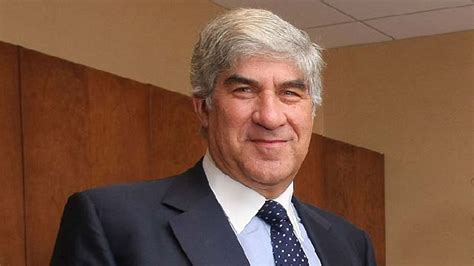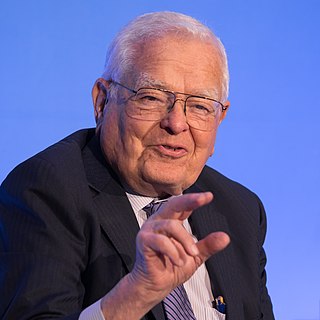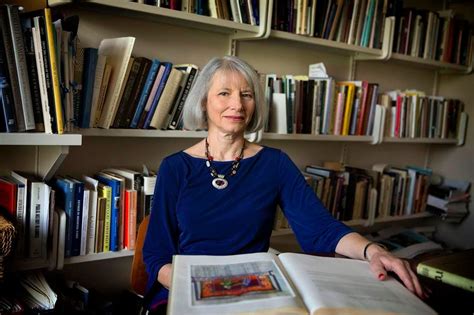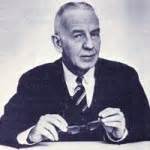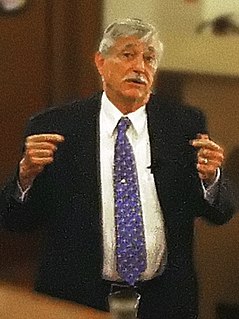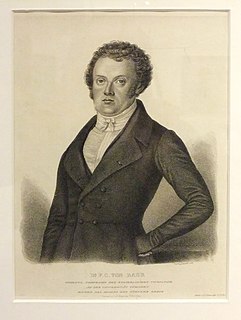A Quote by Bruce Kovner
The Heisenberg principle - If something is closely observed, the odds are it is going to be altered in the process. The more a price pattern is observed by speculators the more prone you have false signals; the more the market is a product of nonspeculative activity, the greater the significance of technical breakout
Related Quotes
Once a price move exceeds its median historical age, any method you use to analyze the market, whether it be fundamental or technical, is likely to be far more accurate. For example, if a chartist interprets a particular pattern as a top formation, but the market is only up 10% from the last low, the odds are high that the projection will be incorrect. However, if the market is up 25% to 30%, then the same type of formation should be given a great deal more weight.
I knew what the sanctified life was not. Not a life filled with more rituals, more scrupulously observed. Not more praying. Not becoming a better person, being more charitable, more concerned with everyone else's pains. Sanctifying had something to do with a sense of constant wonder - feeling gratitude and finding significance everywhere, in every action, relationship and object.
It would appear... that moral phenomena, when observed on a great scale, are found to resemble physical phenomena; and we thus arrive, in inquiries of this kind, at the fundamental principle, that the greater the number of individuals observed, the more do individual peculiarities, whether physical or moral, become effaced, and leave in a prominent point of view the general facts, by virtue of which society exists and is preserved.
One of the problems with industrialism is that it's based on the premise of more and more. It has to keep expanding to keep going. More and more television sets. More and more cars. More and more steel, and more and more pollution. We don't question whether we need any more or what we'll do with them. We just have to keep on making more and more if we are to keep going. Sooner or later it's going to collapse. ... Look what we have done already with the principle of more and more when it comes to nuclear weapons.
Yes, when they're buying there are more buyers in the market and that's supportive of the price. The more buyers you have, the firmer the price is going to be. When central banks were selling it was a headwind the market had to overcome. Now it's a tailwind that central banks are joining the buyers.
A writer's job is not complete without attention to precision. What you're trying to be precise about is your relationship to the observed thing. And "observed thing" could include remembered thing, fantasized thing, fictionalized thing, recorded thing, trans-altered thing. It's the model that's in front of you or in your brain or your memory or whatever. So you're trying to be precise about what it is you're seeing because it's very unlikely that you're going to be able to depict it as it is.
There's no question here that every effort is made to earn as much money off tobacco as possible. At the same time, the same people who are doing everything they can to get every penny out of this product, are condemning its use, are bludgeoning and impugning its users, and denying them every day more and more places where they can legally use the product. In the process, they have been the architects of the black market. The people in charge of all this have themselves set the stage for black market circumstances to prosper and thrive.
